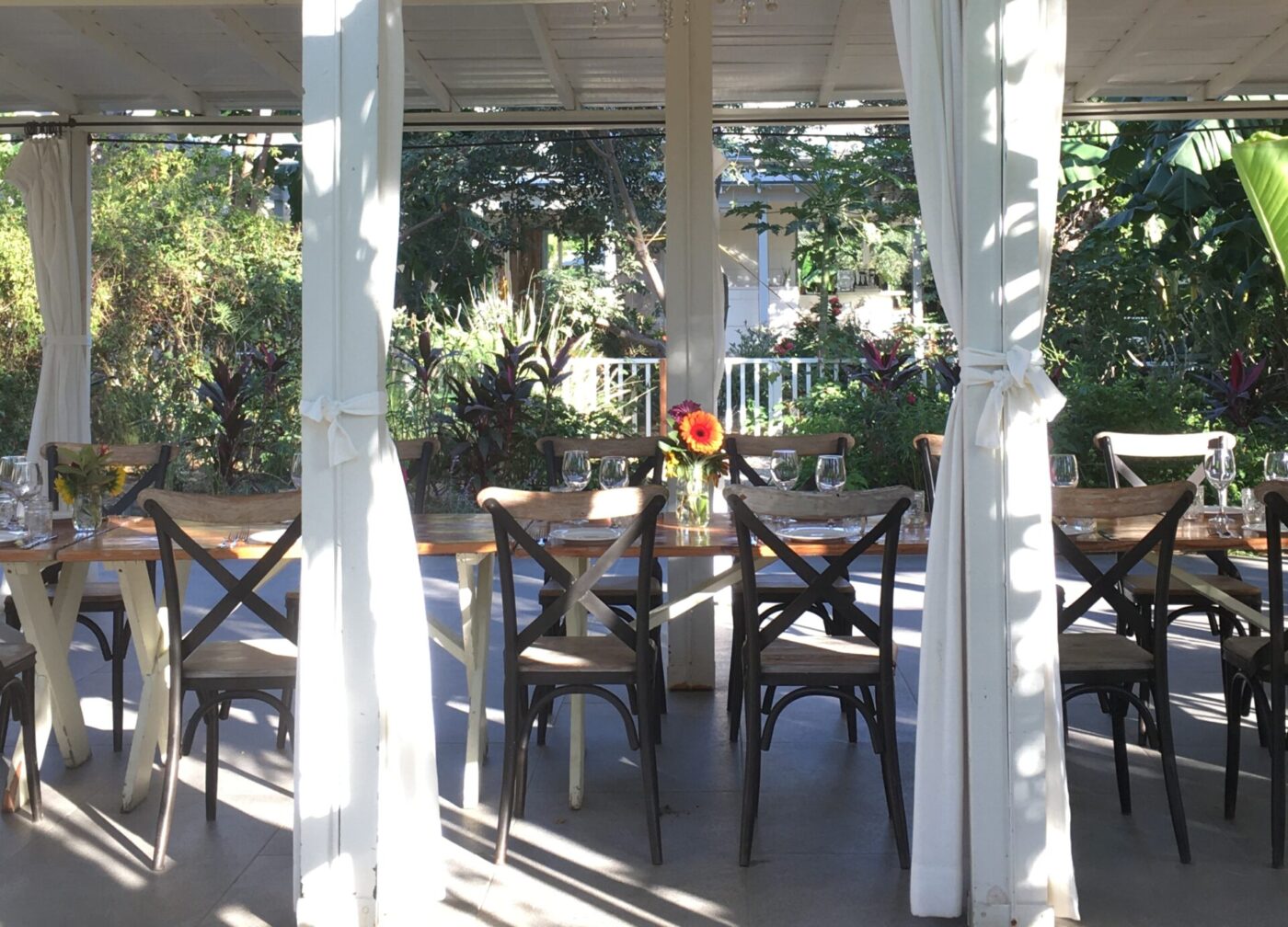Earlier this year I wrote a piece reflecting on my first semester of seminary and at one point I mentioned about the unexpected “church crisis”. In part the result of the sudden concentration of church history, biblical studies, and theology, a disconnect started emerging for me. The disconnect centers on the tension between the church of today, how we “do” church, what church looks like, its role in the world, and the way of life modeled by an itinerant rabbi 2000 years ago.
So far, this semester is not alleviating the disconnect, it may only be making it worse. My current courses are focusing on radical hospitality and the communion table, liberation theologies, and the global church in service to the world or at times in history, being part of the problems. Finding the words to explain this tension has been a challenge.
But as we enter Maundy Thursday, a piece written last year by Diana Butler Bass, a historian of Christianity, comes to mind. In thinking about Maundy Thursday, she asks if the table is the point of it all. She reminds the reader that meals were important to Jesus, especially meals with the outsiders. Additionally, Bass highlights that Maundy Thursday starts around a table and between this meal and Sunday, the story moves from…”Table – trial – cross – tomb/tomb – table”…the table being what the risen Jesus and his followers return to.
This semester I have a course titled The Lord’s Table and the Church as Communion. We are spending time not only learning the history of our rituals, but also talking about radical hospitality. We put up barriers, some intentionally and some we are completely unaware. Radical hospitality for Jesus meant touch and eating with all the “wrong” people. What could it look like today in our congregations? If we would allow ourselves to think outside the box and to move beyond what is familiar, we might move in the direction of radical.
My theology class is looking at liberation theologies in this second half of the semester, that means looking at how the poor, brown, black, and indigenous peoples; and differently abled people, among others, are oppressed by or excluded from various aspects of society and the church. While another class focuses on the church as service in the world, it also highlights the huge gaps in the quality of life people experience around the world. The readings for these courses can be inspiring at times, and are also heavy on the heart and soul.
And so, I wonder, are we off track? Two thousand years ago, a poor rabbi modeled what an abundant life looked like. Wholeness, belonging, community. He spent time with all the “wrong” people, sometimes at the “wrong” times, sometimes doing the “wrong” things. But his way was that of radical hospitality, all were welcomed, even the grumpy religious leaders, those with contagious diseases, hated tax collectors, traitors, everyone…and especially the poor.
This way of living that was modeled seems so foreign today. Our focus seems to be on inconsequential things sometimes. What does it mean to have a full and abundant life? The oppressive Roman Empire is long gone. Or is it? Maybe it has a different name and different geographic areas. Why are so many people fleeing Latin American countries or other parts of the world? What about here in this country, where a variety of “isms” continue to make life difficult, even risky for some?
I think Diana Butler Bass is onto something…the table, where there is a place for everyone and there is enough for everyone, wasn’t that the point of Jesus’ ministry? The table has the power to make people visible if we are willing to take a risk. The table has the power to build community. The table has the power to make the church what it was intended to be before “right” thinking, “right” practice, “right” belief, power, and institutionalization started creating barriers…a place of welcome, acceptance, and love. The table is also a place of service, maybe not by washing each other’s feet anymore, but by hosting, contributing to the meal, and maybe more importantly, by simply showing up, being truly present to one another, and sharing our stories so the walls between us get dismantled.
Do we dare to be radical in terms of whom we gather with, in how we care for the poor, how we welcome the stranger, the other; or how we serve in our communities? As Bass points out, Jesus didn’t go back to the cross or the tomb, but returned to gatherings around meals, around tables…including with those who questioned, doubted, and denied. We should spend more time around tables, sharing in meals.

Leave a Reply